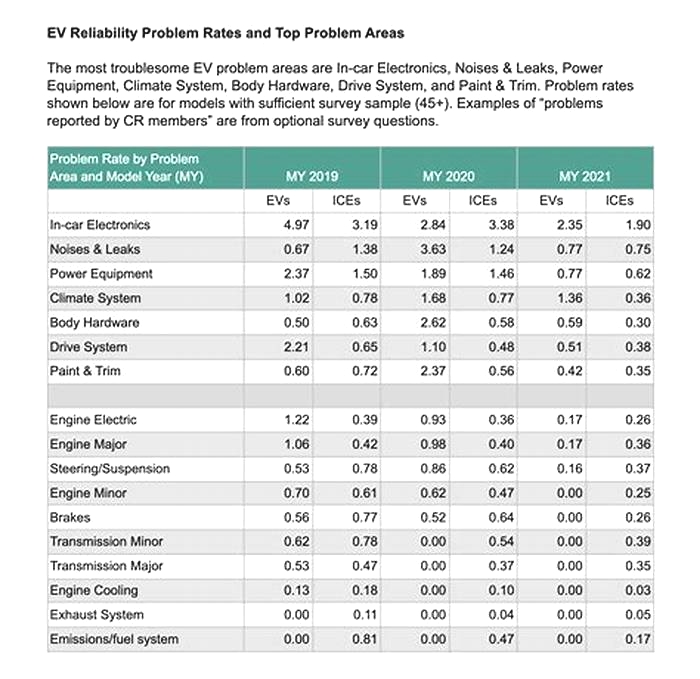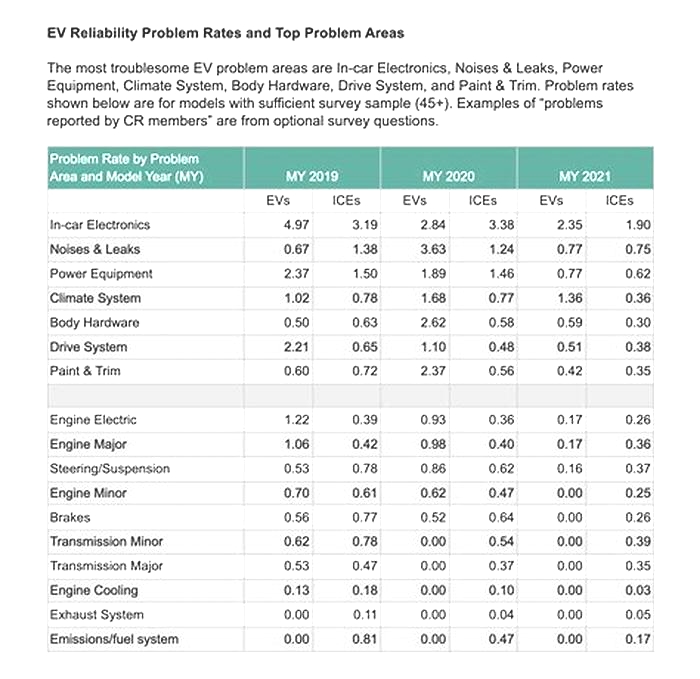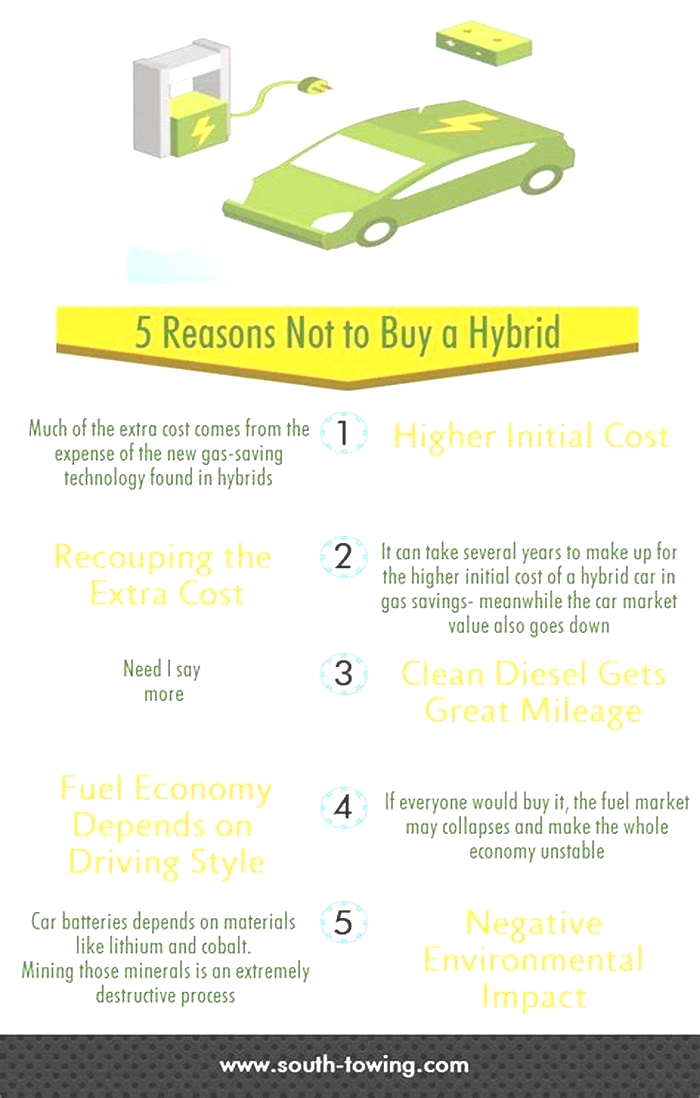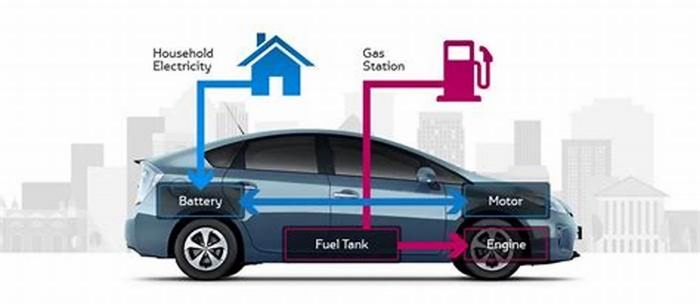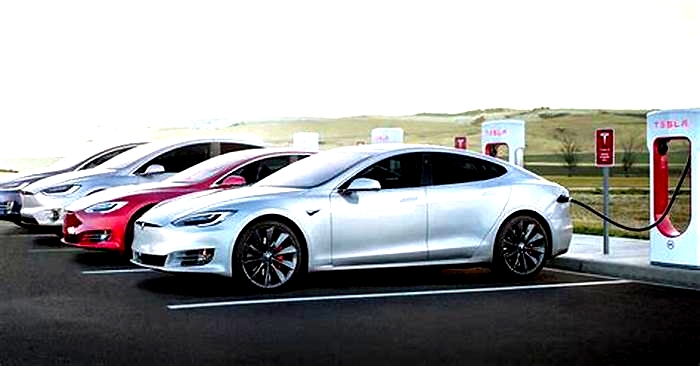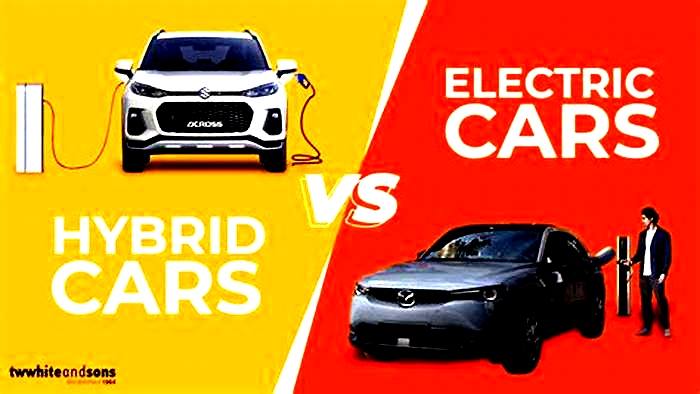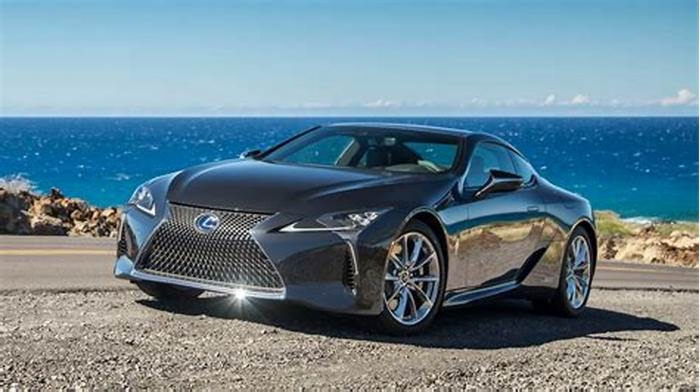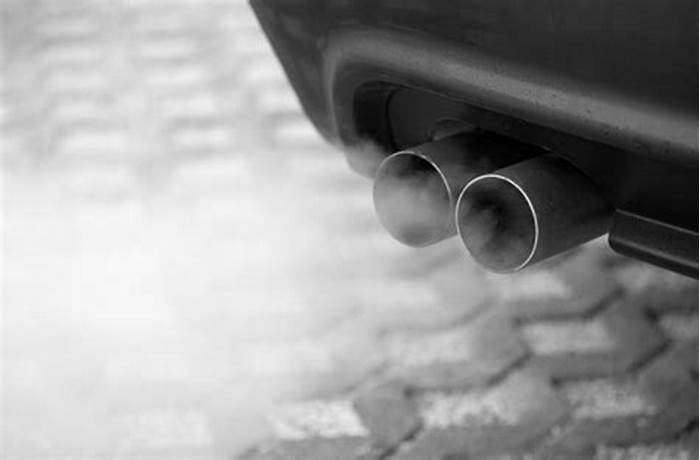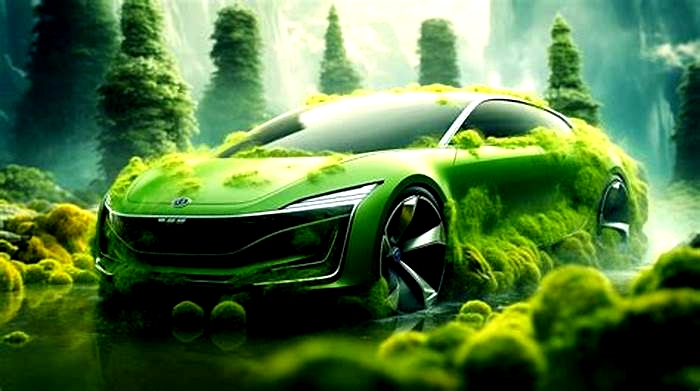Do hybrid cars have engine problems
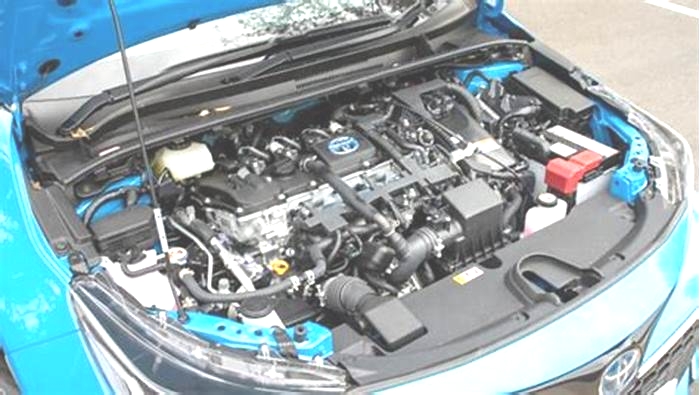
Most Common Hybrid Car Problems and What to Do About Them
The technological advancement that introduced hybrids is something to ponder about. No one ever imagined a car with a dual powering system until the hybrid showed up. It was indeed a new dawn for better fuel economy.
Hybrid car owners get overwhelmed by the fantastic automobiles advantageous fuel consumption and other top-notch features. Whereas the hybrid car problemsmay start almost when you least expect.
Understanding how to minimize or fix the common problems with hybrid cars will help you overcome the burden of owning such a technical automobile.

Most Common hybrid car problems
Although every car may not be completely free from one issue or the other at least once in its lifespan, some faults are more complex and costly to fix than others. So, relative to a standard gasoline engine car, the following are some common Toyota hybrid problems. These issues are also common in other hybrid truck brands.
Battery issues
The battery is a significant component that is common with standard gasoline-only vehicles, electric vehicles, and hybrid cars. But unfortunately, these hybrid batteries dont last forever.
Since the car runs on battery power as an alternative source to the fuel that powers its internal combustion engine, the battery is subject to more loads than the exact component on its gasoline-only vehicle counterpart.
Therefore, due to the stress on the battery, the component is susceptible to quick wear and tear. As a matter of fact, the component may die off faster than you ever expect. In any case, replacing a hybrid car battery can be very costly.
Catalytic converter failure
Replacing a cat converter can be pretty expensive, irrespective of the vehicle make or model. This is not an exception for hybrid cars. Replacing the catalytic converter of these cars is more expensive than getting the exact part for a standard car.
For instance, a Toyota Prius catalytic converter replacement cost is estimated to be around $2,145 $3,000. This is much more than the cost of replacing a Ford F-150s catalytic converter, which is estimated to be below $1,500.
O2 sensor fault
Although hybrids are known for better fuel economy, a faulty oxygen sensor can simply mean bad news for fuel efficiency. Just like the oxygen sensor is subject to failure in normal vehicles, hybrid cars are not exempted from the same issue.
However, the cost of replacing a hybrids oxygen sensor is way more than getting the same component for a normal car.
EVAP system failure
Evaporative emission system failure or leakage in one or more parts of the EVAP system is another common issue that can confront a hybrid car. The same is true for regular gasoline vehicles.
This issue can be a challenge for hybrids if it is not rectified as soon as possible. However, the cost of fixing an EVAP system stands around $200 $400, while a Toyota Camry Hybrids EVAP system repair costs about $200 $560.
How do we minimize the hybrid car problems?
Regular maintenance is the way to go in order to minimize the problems associated with hybrids. Of course, the same solution applies to fuel-only vehicles. Therefore, it would be helpful if you scheduled a specific time frame to service your hybrid car and replace one or more components that are due.
However, you must ensure to consult an expert auto mechanic that specializes in fixing hybrid cars. As the old maxim goes, A stitch in time saves nine. So, if you spot any fault in your car, dont hesitate to see your mechanic as soon as possible.
Some hybrid vehicle issues can be very costly due to their complex technology. Nevertheless, disciplined routine maintenance will help you avoid or minimize them as much as possible. You may want to consult an expert auto technician for more information about hybrid problem maintenance.

FAQs
Q: Do hybrid cars have a lot of problems?
If youre asking, Do hybrid cars have more problems?Relative to gasoline engine vehicles, hybrid cars have more problems. The complexity of the cars comes with some side effects in the long run. While it is quite easy and cheap to maintain a regular gasoline-powered car, hybrid cars maintenance consumes more resources.
Some of the common challenges with hybrid cars include battery problems, evaporative emission system leakage or failure, oxygen sensor problem, catalytic converter problem, etc.
Almost all these issues are very expensive to fix in the car compared to its fuel-powered engine vehicle counterparts.
Q: What is the biggest problem with hybrid cars?
The battery issue seems to be the biggest problem with hybrid cars. Like electric cars, they are partly powered by battery systems, which are fitted into the cars powertrain. This mechanism enables the car to run on battery power at a particular level on the road.
Of course, thats an advantage to enjoy a better fuel economy in the car. However, the battery system rarely attains its expected lifespan since they mostly die off too early. The problems with Toyota hybrid batteries are a major reason some people are skeptical about the car.
Replacing the battery system will cost around $3,000 $8,000. This can be burdensome, especially if you experience a battery failure when you least expect it.
Q: Are hybrids expensive to fix?
Hybrids can be both cheap and expensive to fix, depending on the components in question. For instance, routine maintenance on a hybrid car may not be relatively more expensive than on a regular gasoline engine vehicle.
However, replacing some components like the battery, catalytic converter, etc., in a hybrid car may cost twice as much as that of a gasoline car or more. For example, a normal cars battery replacement costs around $45 $250.
Conversely, a hybrid car battery cost between $2,000 and $8,000. Truth is, replacing a regular car battery is nowhere compared to the cost of replacing a hybrid car battery. Thats some huge financial commitment right there.
Q: Are hybrids worth it in 2022?
If youre contemplating, Are hybrid cars worth it? Depending on your priorities, a hybrid car may be a blessing to one person and a burden to another. If you drive a lot, especially embarking on long journeys, a hybrid car can save you lots of money that fuel purchase would have consumed.
However, the car can be a pain in the ass when you need to fix a major faulty component, especially the battery replacement. So, it would be best to carefully analyze the advantage and disadvantages of a hybrid car before opting for one.
Q: Are hybrids lower maintenance?
Again, hybrids maintenance costs can be lower than that of a regular gasoline car, depending on the scope of the job. In the same vein, maintenance can impact your financial budget if youre confronted by a complex electrical issue.
Nevertheless, since they operate on a dual power system, hybrid cars have lesser stress on the engines compared to gasoline cars. Therefore, you can be sure of having minimal engine problems in the car.
Q: What kind of maintenance do hybrid cars need?
Like cars that run solely on gasoline, hybrids also need regular maintenance to keep them strong and healthy. Oil change, belt replacement, tire rotation, wheel alignment, fluid top-off, etc., are some of the routine maintenance services all hybrid cars need.
Also, just like the battery in a gasoline car does not last forever, your hybrid car would need a battery replacement someday. Sometimes, the replacement may be needed earlier than expected. However, this is an occasional maintenance service for all cars.
Q: Is it worth buying a used hybrid car?
Vehicle enthusiasts are skeptical about buying a used hybrid car due to unforeseen underlying electrical problems. The hybrid car battery problems seem to be a common issue in this case. However, hybrids offer better fuel consumption than gasoline engine vehicles due to their shared power supply systems.
Nevertheless, ensure to critically screen any used hybrid car before making a final buying decision in order to avoid buying a lemon. You may want to consult a professional auto technician to help in the inspection process for easy identification of a used hybrid car problem before paying for your dream hybrid car.
Final Words
Althoughhybrid car problemsare inevitable, especially in the long run, it is possible to minimize or avoid them from occurring in the first place.
It is essential to first understand that even though the car delivers fantastic fuel efficiency and engine performance, there are issues you must guard against. Battery failure is the chiefest among the various hybrid car issues that you may experience at least once in the cars entire lifespan.
So, ensure to engage in regular maintenance for your powerful hybrid car and get a replacement for worn-out or faulty components as early as possible. It will save you from incurring more costs on further damages.
Problems With Toyotas Hybrid Cars (5 Known Issues)
When we say hybrids, we usually refer to gas-electric or diesel-electric vehicles.
However, before the modern hybrid era, Toyota had already worked on a gas-turbine hybrid project.
Since theyve always been pioneers, its no wonder they eventually produced the worlds first mass-produced petrol-electric hybrid car.
So lets discuss modern Toyota hybrids and the problems they may develop.
1. Batteries Unable to Stay Charged
There are growing concerns over Toyotas hybrid vehicles involving their batteries.
Hybrids usually have a 12-volt battery, much like the one youd find in regular cars. This powers accessories in the vehicle and helps handle some burdens of the main high-voltage hybrid battery.
The problem is that it isnt always able to do so because it can get flat sometimes.

What happens is that hybrids like the RAV4 can get flat batteries if theyre not driven for a few days. This problem can cause cars to become temporarily immobile since the 12-volt battery helps start the car.
We have more here on general problems with hybrid SUVs.
While this is common in regular cars too, until recently, it hasnt been a typical problem with Toyota hybrids.
Also, under normal conditions, one would expect functioning batteries to last a couple of weeks before losing power.
Still, its important to note that even high-voltage batteries in hybrids lose their power if left alone for long periods. This is because electrical energy is difficult to store.
With this in mind, its best to keep your hybrid up and working often.
Symptoms
These are symptoms to look out for when your 12-volt or high-voltage battery becomes problematic:
- Grinding engine noises
- Delayed start
- Decreased fuel economy
- Dim headlights
2. Poor Fuel Economy in Cold Weather
The great thing about hybrids is that theyre the balance between gas and electric cars. This usually means they consume little fuel because their engines have a helping hand. Some hybrids can deliver over 50 miles per gallon on a regular day.
The Toyota Corolla hybrid may even deliver as much as 54 miles per gallon under ideal conditions.
However, when theres a problem with their high-voltage batteries, the engine does most of the work and burns more fuel. This occurs more often in cold weather; lets explore why that is.
Cooler temperatures affect battery functionality because cold slows down chemical reactions.
For this reason, batteries have to work extra and this causes strain and reduces performance. As you know, when the engine does most of the heavy lifting, it consumes more fuel.
Hence, in the winter, drivers can expect to spend more on gas.
Poor fuel economy in winter is common with the Corolla hybrid. Many Corolla owners have complained and expressed their disappointment over the cars fuel economy in cold weather.
3. High Oil Consumption
No one enjoys driving a car suffering from high oil consumption. Its an expensive problem thats subtle at first but may be one of the most dangerous problems for your engine. Whys that? Well, it leads to scarier problems like engine damage.
The Camry hybrid is known to be a glutton for motor oil. This is quite ironic given that hybrids are supposed to consume less oil than regular gasoline cars. You know, less work required from the engine means less maintenance should be needed.
However, the Camry hybrid is oblivious to this, and from reports, it is best to avoid the 2008-2011 models.
As expected, oil consumption doesnt just rise for no reason.
The engine pistons and rings can wear off prematurely and this can cause oil leaks. Another major cause of excessive oil leaks in the engine is the drain plug.
So, its not always a direct case of excess consumption. Instead, its mostly because of leaks that may occur in different parts of the engine.
This is why its difficult to fix oil leaks without replacing major parts. Thats because there are many engine components a leak can emanate from.
4. Accelerator Pedal Failure
A car that wont speed up is a terrible problem, but a car that speeds up on its own is a nightmare.
Unfortunately, this is the case with some Toyota hybrid models that may speed up even when you dont depress the gas pedal. Also, stepping on your brake pedal might not be enough to bring the car to a halt.
This is by far one of the deadliest problems drivers can face in their lifetime. One highly reported model is the Camry hybrid, and it majorly affects its first-generation and second-generation models.
Another scenario is where the car speeds up by itself immediately after its disengaged from Park. Some models of the Toyota Highlander hybrid may suffer from this problem.
Usually, occurrences like this are seen as either coincidences or a result of driver error. However, with these vehicles, the frequency of complaints was too much to ignore.
Most times, the faulty accelerator pedal inevitably led to crashes. Its easy to see how this problem can easily lead to injury or even loss of life. Ultimately, Toyota had to recall several vehicles across different models to correct the issue.
Its noteworthy that the infamous accelerator pedal problem affects non-hybrid Toyota models as well. So its a good thing that modern Toyota models are free from the dreaded faulty accelerators.
Causes
Initially, the problem was thought to be caused by floor mats that caused the pedals to get stuck.
However, this theory was not widely believed as drivers removed the floor mats in their vehicles. As youd guess, it didnt exactly fix the problem.
While driver error is a possibility, the numbers are too high to blame it entirely on car owners.
5. Possible Inverter Malfunction
Inverters convert energy in hybrid and electric cars. The inverter is a major component that may even rank next to the battery, motor, and engine in importance.
Hybrid and electric cars store energy as Direct Current (DC) in their batteries. However, the catch is that their electric motors use Alternating Current (AC) to operate.
This is where the inverter comes in, because it converts the DC to AC for the electric motor to function.
You can see how the inverter would affect the entire hybrid system badly if it becomes faulty. However, the bright side is that a faulty inverter does not immobilize a hybrid car, unlike an all-electric vehicle.
So in hybrids, when the electric motor stops working, the engine steps up.
Still, when the inverter malfunctions, it affects hybrid fuel economy because the engine is left to do all the work.
The hybrid inverter assembly in some model years of the Toyota Prius, including the 2010 to 2014 models, may malfunction.
However, when compared to other problems on the list, inverter malfunction can be said to be the least scary. This is not because its less severe, it just doesnt occur so often.
General Pros and Cons for Toyota Hybrid Cars
Before buying a Toyota hybrid, you should know about all the pros and cons of owning one. Most often, one outweighs the other. The idea is to be sure that buying a Toyota hybrid is ideal for your driving habits.
Weve listed the pros and cons to help you with making a good choice.
Pros
- Reduced emissions
- Modern safety features
- Reliable engine
- Lower cost of routine maintenance
- Relatively low purchase prices
Cons
- Low highway gas mileage
- Weak batteries
- Acceleration pedal failure
- High oil consumption
- Requires regular usage
Related:24 Affordable Plug-in Hybrid Cars (With High-Range)
What Do the Reviews Say?
Based on information from Car Complaints, the worse problem with Toyota hybrid vehicles are engine related. Other common problems are related to brakes, airbags, and transmission.
Overall, the Toyota brand has a reputation for reliability. So its no surprise that Toyota has a reliability rating of 4.0 out of 5.0 on RepairPal.
The Prius gets a 4.5 out of 5.0 rating from RepairPal. Hence, we can say that the Toyota Prius reliability is higher than that of the average Toyota.
The 2021 RAV4 hybrid also gets an impressive rating of 80 over 100 in quality and reliability from J.D. Power.
From these ratings, Toyotas top hybrids seem to do great as individual models.
Also, take a look at our article about the Prius years to avoid.
Whats the Resale Value of Toyota Hybrid Cars?
Here are the resale values across various models:
| Model | Approx. Mileage (Miles) | Price ($) |
| Toyota Corolla Hybrid | 9,887 | 28,999 |
| Toyota Camry Hybrid | 81,000 | 19,000 |
| Toyota Venza | 13,630 | 46,940 |
| Toyota Prius | 69,265 | 17,500 |
| Toyota Sienna | 35,347 | 43,000 |
| Toyota RAV4 | 61,447 | 30,961 |
| Toyota Highlander Hybrid | 16,178 | 44,536 |
Related:Hybrid Cars Problems: 9 Known Issues (Explained)
Final Thoughts
The relief about problematic cars is that car brands constantly improve them. As weve observed, this has been the case with Toyota, since recent hybrid models are more reliable.
Nevertheless, this doesnt mean you should avoid doing your research before buying a hybrid. Instead, the opposite is true.
Also, if youre interested in hybrids because of their impressive fuel economy, consider the effect of regenerative braking. Hybrids gather the energy used to slow down or stop the vehicle to power their batteries.
Interestingly, drivers brake less often on highways, so on highways, youd get poorer fuel economy. However, in traffic or in the city, your fuel economy gets improved because of regular braking. Ironically, this is the opposite of regular gasoline cars that have better fuel economy on highways than in the city.
If fuel economy is your top priority, youre better off with a plug-in hybrid. The RAV4 plug-in hybrid and the Prius Prime are excellent choices in this segment.
Related:What Are The Best & Worst Years For Toyota Prius? (Explained)
Sources
Toyota Problems | Car Complaints
Toyota Reliability | RepairPal
Was this article helpful?
 Did you find wrong information or was something missing?
Did you find wrong information or was something missing?We would love to hear your thoughts! (PS: We read ALL feedback)
The information in this article is based on data from National Highway Traffic Safety Administration (NHTSA) recall reports, consumer complaints submitted to the NHTSA, reliability ratings from J.D. Power, auto review and rating sites such as Edmunds, specialist forums, etc. We analyzed this data to provide insights into the best and worst years for these vehicle models.

